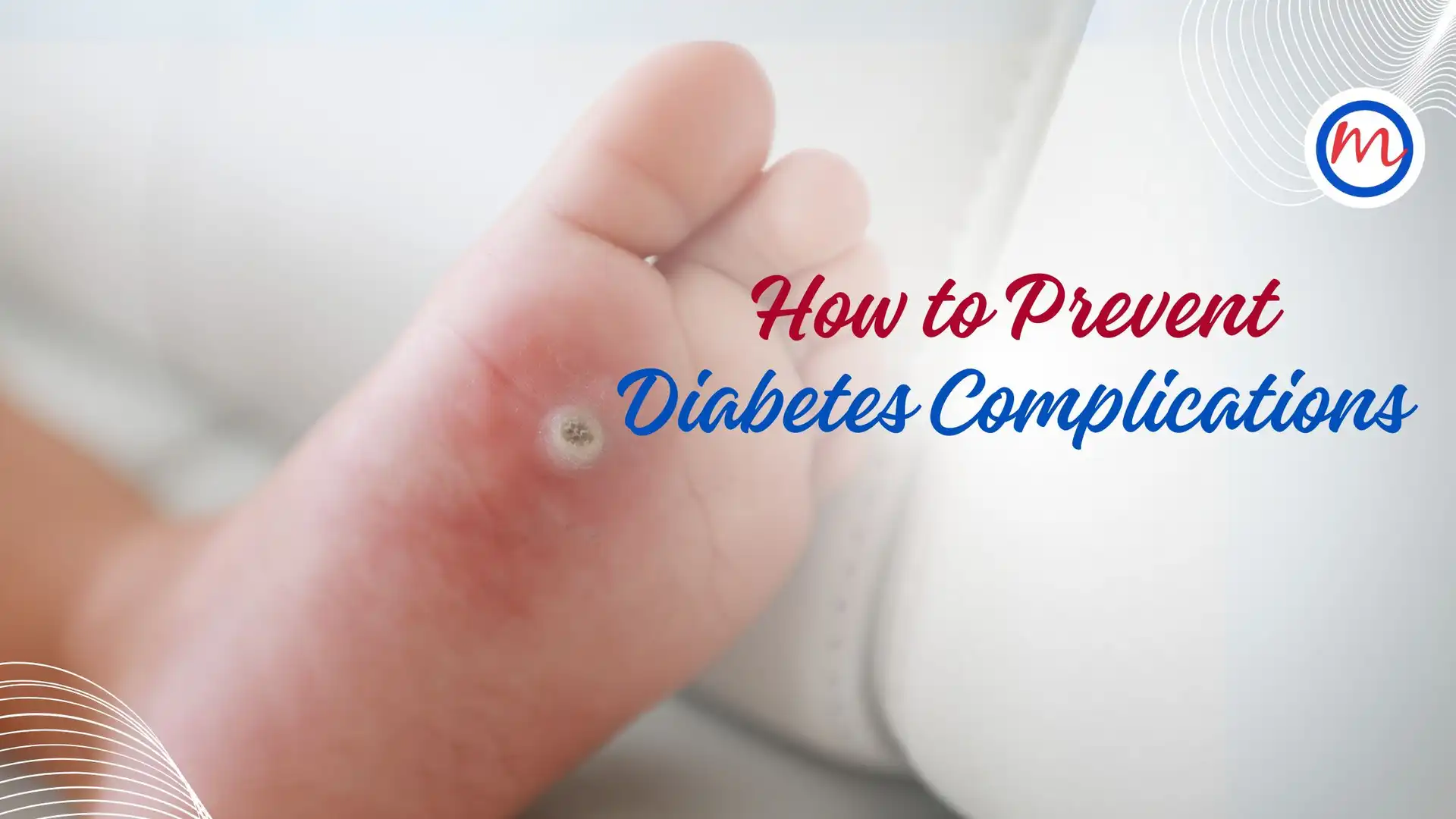I was overwhelmed to read the story of Mitchell Jacobs who fell in love with Brittany while riding a bike through the neighborhood. Mitchell Jacobs is enlisted in the Navy in the US and is married to Brittany Gilleland, who has been living with type 1 diabetes for over 14 years.
Having been informed by the endocrinologist that her disease is manageable, he did not have an inkling of what the condition entailed. He says that when he moved in with Brittany after four months of dating, ‘diabetes changed his life’.
They were living uninsured for two years that led to many complications for both. Not only they had to ensure they put food on the table and paid their rent but they had to make sure they had enough insulin and testing supplies month on month. But their two minimum wage jobs did not meet their needs. Mitchell started picking up pieces of furniture left behind as waste by people who shifted apartments in his pickup truck and began selling them online. He says it helped a little in buying a vial of insulin and test strips and pays their bills. But they fell behind their rent and were evicted from their apartment. They managed to live in a trailer loaned out to them by Mitchell’s parents.

The constant battle with diabetes continued, with large amounts of money being used up for insulin and diabetic supplies, but they were forging ahead. He also had to confront a frightening hypoglycemic episode of Brittany. Finally he decided to get enlisted with the US Navy when they received insurance and Brittany moved to continuous glucose monitors and insulin pumps. Today Brittany is the mother of their three children and has started a blog for persons with type 1 diabetes.
Mitchell and Brittany’s story is one of love, care, support and understanding that a spouse can extend to his partner to enable them to handle their life’s challenges. “I am glad I went through all the troubles of keeping her afloat to get the chance to enjoy the person she’s become,” he says in his disclosure to healthline.
Living with T1D is not only stressful for the person with diabetes, but for their spouse or partner as well. Studies have shown that spouses or partners of T1D persons express a sense of exhaustion coping with worries about hypoglycemic episodes, fear of long-term complications as well as diabetic management of their T1D partners.
In a marriage, a strong relationship is based on trust and transparency that brings forth intimacy and support among the partners. A marriage with a T1D partner entails a lot of significant life adaptations for both the partners including a change in eating patterns and food choices and a focus on diabetic management. For a marriage with a T1D to be successful, there is just no other way for the non- diabetic partner than to be supportive, sensitive and exhibit complete understanding.
In an intimate and supportive marriage, both the partners will thrive and flourish when they work together as a team, supporting each other every step of the way. However, in a less satisfying relationship, especially when the non-diabetic spouse exhibits a lack of sensitivity or understanding, conflict may result and this will lead to poorer adjustment to diabetes for the T1D partner, and hence a poorer quality of life and probably in extreme cases of stress and conflict, emergence of other autoimmune conditions.
It is not surprising that the quality of marriage with regard to intimacy and adjustment were strong predictors of glycemic control and diabetes-related quality of life in a study involving couples with a type 1 diabetic partner.

In a marriage with a T1D partner, the non-diabetic spouse plays a crucial role in the long-term success of healthcare. A caring spouse would keep track of and administer medicines, and play a major role in food purchase and preparation, encourage the T1D spouse to exercise and be responsible about diabetic management, and also participate in doctor visits and health check-ups.
T1Ds can eat responsibly when the food on the table is not only healthy but is also tasty. T1D persons can also feel loved and cared for when they join other family members in physical activity, work-outs or fun games. Modern-day technologies have brought forth digital devices for diabetic care and management that help in reducing diabetic distress substantially. When the partner of a T1D person participates equally in the diabetic care, and involves other family members too, the ride becomes a tad easier for the T1D. It also helps the family become closer and enjoy good health and relationships.

The myth that T1D individuals cannot be happily married or have children has been busted by many T1Ds leading successful married lives and handling a great career. A healthy married life is possible for T1Ds and their partners if there is complete acceptance of diabetes by both partners. Spousal support and understanding of the mood fluctuations, fear and anxiety of their T1D partner will help assuage feelings of insecurities and promote a healthy outlook in both. Many T1D men and women are parents to wonderful children dispelling the myth that T1Ds cannot have children. Similarly, women with diabetes can have healthy pregnancies too, if the pregnancy period is under the care of a team of dedicated doctors. Women who are empowered in diabetes self-management have had healthy pregnancies. If the sugars are maintained well, the offspring can be born healthy too. Today, under modern medical care, many T1D women are undergoing healthy pregnancies and delivering healthy babies.
Type 1 diabetes is an autoimmune condition and environmental factors play a significant role in the progression of disease process in the background of an underlying genetic susceptibility. The risk of type 1 diabetes in offspring of parents with type 1 diabetes is much lower than the risk of type 2 diabetes in offspring when one or both parents have type 2 diabetes.
Finally, the success of a marriage with a T1D partner is similar to a marriage between two healthy individuals- trust, love, respect, support, care and understanding are the essential ingredients that guide the marriage in the couple’s journey together. In families where these qualities are lacking and the concept of couples growing together with love and support is missing, both partners will be impacted adversely. After all,
“Coming together is a beginning, keeping together is progress and working together is success.”
Note: In this series, I will be putting down facts and events that have happened to me as a matter of fact. Anything I say in these articles is based on my own understanding and experiences and not on any scientific research. I would also like to mention here that I would be drawing upon those experiences of my eventful life, which I believe are relevant to the discussion of the emergence of autoimmune conditions in my child, who we think is different from many other children. I will be trying to make it as relevant to parents of T1D children as possible, but with a plea not to infer anything, compare or follow any of the practices we as a family followed. Simply because, every family is different, every child is different and so are circumstances. The takeaway should be confined to the existence of various possibilities, opportunities and a positive approach toward creating a fulfilling life for your child.



